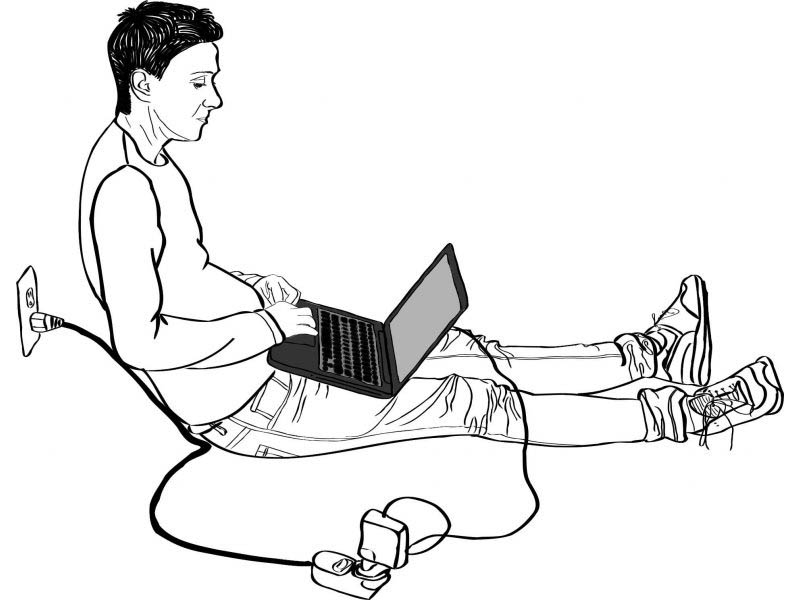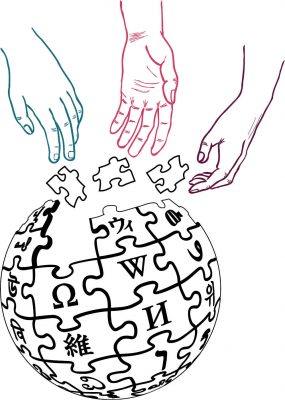
Illustration by Whose Knowledge? licensed under CC BY-NC-SA 4.0
This is a version of the original post published on the Whose Knowledge? blog and is republished through a collaboration with Whose Knowledge? and also available under a CC BY-SA 4.0 license.
Why do we work on Wikipedia, and what are some of the decolonizing practices we bring to the online encyclopedia?
Whose Knowledge? is pleased to present “Adding Our Knowledge to Wikipedia”, Part 3 in the “Our Stories, Our Knowledges” Resource Series; co-authored by members of Native American communities of the Kumeyaay and Shoshone, Dalit feminist communities from India and the diaspora, LGBTIQA communities from Bosnia Herzegovina, and Whose Knowledge? allies.
Part 3: Adding Our Knowledge to Wikipedia
This resource shares why we have decided to create and share our knowledge on Wikipedia, and how we’re doing this work. We have many different stories to share about our experiences editing the world’s largest online and free encyclopedia. Many of our experiences have been joyful but unfortunately many of them have also been traumatic. Dealing with Wikipedia’s rules of notability and reliable sources often mirrors and makes us relive the pain that systemic oppression has inflicted upon us and our communities in our everyday lives.
Click the image or here to download the PDF resource
By sharing what we’ve learned from adding our knowledge to Wikipedia, we hope that other marginalized communities – including women, people of color, LGBTQIA communities, indigenous peoples and others from the global South – will use our experiences as a jumping-off point for your own explorations. Our goal is to encourage the next generation of knowledge-makers to continue the hard but necessary work of decolonizing knowledge on Wikipedia. We also aim to strengthen our existing network of Wikipedian allies, and educate and motivate new allies to support and join us in centering knowledge from the margins.




